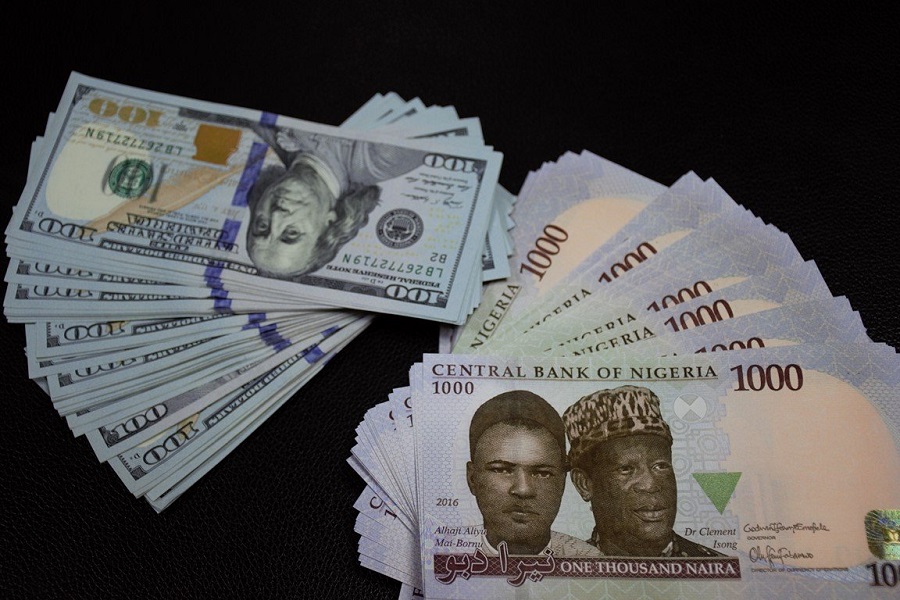The currency exchange rate between the United Arab Emirates Dirham (AED) and the Nigerian Naira (NGN) is a crucial topic for businesses, travelers, and investors. With Nigeria being one of Africa’s largest economies and the UAE serving as a hub for global trade, understanding the dynamics of this exchange rate can unlock new opportunities and inform smarter financial decisions.
Why the AED-Naira Exchange Rate Matters
The UAE and Nigeria share a strong economic relationship. Nigerians contribute significantly to the UAE’s tourism and real estate sectors, while the UAE serves as a gateway for Nigerian imports and exports. The exchange rate between these two currencies affects:
- Remittances: Many Nigerians working in the UAE send money back home, and exchange rates impact the value of their transfers.
- Trade and Business: Importers and exporters rely on competitive rates to maintain profitability.
- Travel and Tourism: Frequent travel between the two countries makes currency rates a consideration for visitors.
Staying informed about the exchange rate trends can help stakeholders plan better and maximize their resources.

Factors Influencing AED to Naira Exchange Rates
Several factors impact the value of the Naira against the Dirham. Here’s a closer look:
1. Oil Prices and Nigeria’s Economy
As an oil-dependent economy, Nigeria’s currency strength is closely tied to global oil prices. When oil prices are high, Nigeria earns more foreign reserves, which can strengthen the Naira. Conversely, a drop in oil prices often leads to depreciation.

2. Central Bank Policies
The Central Bank of Nigeria (CBN) plays a pivotal role in managing the Naira. Policies like foreign exchange restrictions, interest rate changes, and interventions in the forex market significantly impact exchange rates.
3. Demand for Foreign Exchange
Nigerians’ high demand for foreign currency, whether for imports, education, or investments, affects the value of the Naira. Increased demand for Dirhams in the black market can cause disparities between official and parallel market rates.
4. Inflation Rates
Countries with lower inflation rates tend to see their currencies appreciate compared to those with higher inflation rates. The UAE enjoys a stable inflation rate, keeping the AED relatively strong, while Nigeria often grapples with higher inflation.
Current Trends in AED to Naira Exchange Rates
The AED-Naira exchange rate has seen significant fluctuations recently, reflecting broader economic conditions in both countries. For instance:
- Parallel Market Rates vs. Official Rates: While the official rate might be stable, the black market rates often paint a different picture. This duality poses challenges for individuals and businesses relying on the exchange market.
- Rising Cost of Living: For Nigerians in the UAE, a weakening Naira means their earnings hold less value when sent back home.
- Global Economic Shifts: Factors like U.S. Federal Reserve rate hikes, global inflation, and geopolitical tensions indirectly influence the AED-Naira dynamics.
To keep up with the latest exchange rates, you can visit XE.com or OANDA. These platforms offer real-time updates and currency conversion tools.
Practical Tips for Managing AED-Naira Transactions
1. Monitor Rates Closely
Exchange rates can change rapidly. Using tools like Google Alerts or apps like Currency Converter can help you track rates and make informed decisions.
2. Use Official Channels
Whenever possible, use banks or authorized forex dealers to avoid inflated black-market rates. Though official channels might have stricter policies, they offer security and better compliance.
3. Time Your Transactions
The forex market operates dynamically. Timing your transfers during favorable rate windows can save you money. Weekends or public holidays might see rates spike in the black market.
4. Consider Forex Cards
For frequent travelers, forex cards loaded with AED can be a convenient alternative. They lock in a specific rate and reduce the risk of fluctuations.
5. Leverage Digital Remittance Platforms
Platforms like TransferWise or WorldRemit often provide competitive rates with lower fees compared to traditional banks.
Future Outlook for AED to Naira Exchange Rates
The future of the AED-Naira exchange rate largely depends on Nigeria’s economic reforms, including diversification from oil dependency, tackling inflation, and stabilizing foreign exchange reserves. The UAE’s stable economic policies will likely keep the Dirham strong, putting pressure on the Naira unless significant changes occur.
Frequently Asked Questions
1. What is the current AED to Naira exchange rate?
The rate varies between the official and parallel markets. For the latest rates, visit Central Bank of Nigeria’s Official Website or reliable forex platforms.
2. Can I exchange AED to Naira in Nigeria?
Yes, you can exchange AED to Naira through authorized forex dealers or banks. However, be cautious of black market rates.
3. How do oil prices impact the Naira?
As Nigeria heavily depends on oil exports, high oil prices typically strengthen the Naira by boosting foreign reserves. Conversely, low prices weaken it.
Conclusion
The AED to Naira exchange rate is more than just numbers—it represents a dynamic relationship between two countries with growing economic ties. For individuals and businesses, staying informed about the factors influencing the rate and leveraging tools to optimize transactions can make a significant difference. Whether you’re a traveler, an investor, or someone sending money home, understanding these trends is key to navigating the complexities of the exchange market.
Stay updated, act wisely, and take advantage of reliable platforms to make the most of your AED-Naira transactions.
You can also read about, Dubai to India Currency Exchange.













